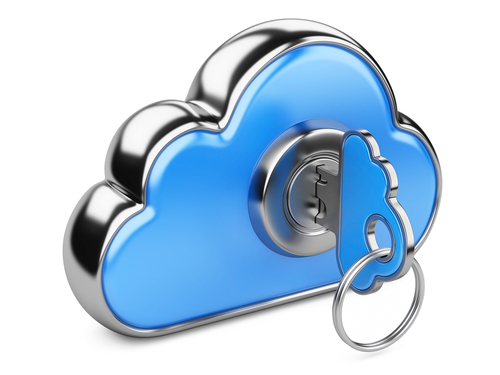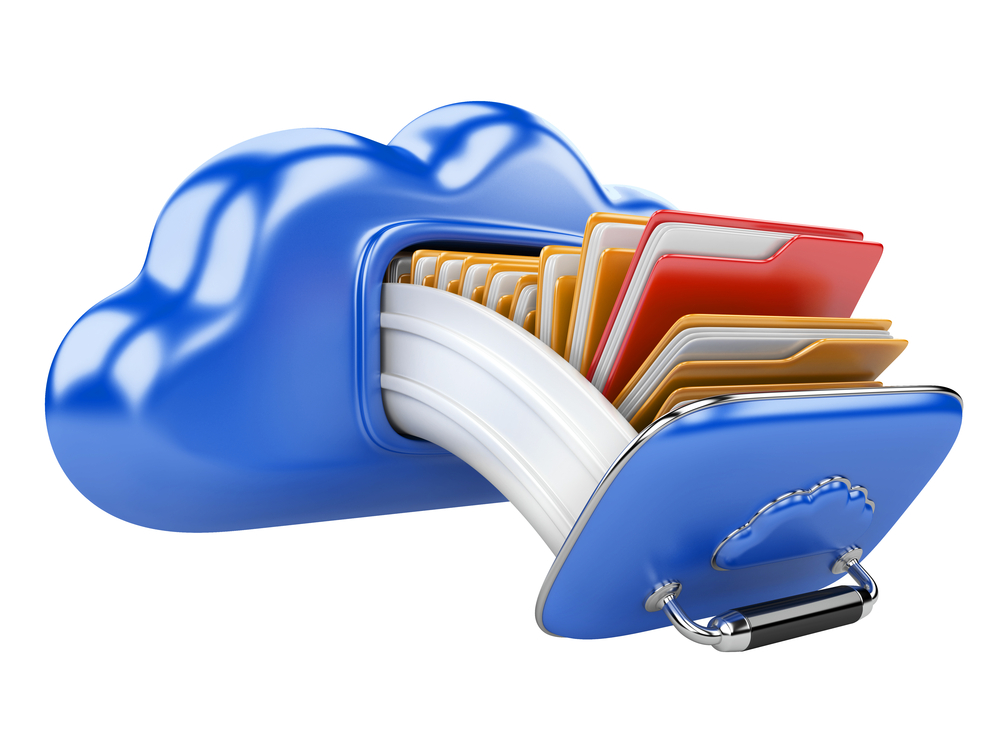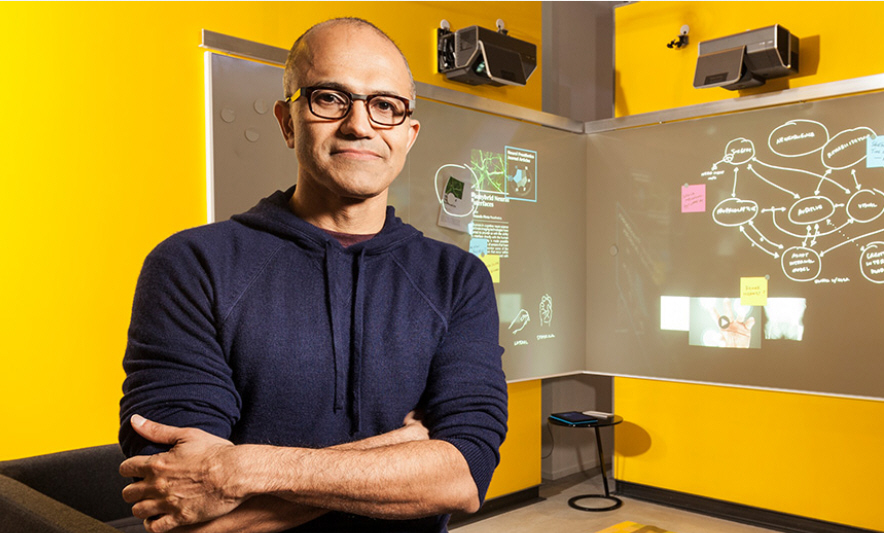
Oracle marketing cloud for manufacturers improves performance and efficiency
Manufacturing businesses are always looking to improve the customer experience and enhance their marketing effectiveness.
In recent years this has meant moving from a product-centered model to a more customer-focused approach. To help with this process ERP specialist Oracle is launching a flexible industry-specific marketing tool in the form of Oracle Eloqua for Manufacturing.

Dropbox expands into the Asia Pacific market with new office
Cloud storage darling Dropbox began in San Francisco, home to many tech start-ups, but has since spread, opening offices in Austin, Texas and New York City. The overseas reach expanded when the company launched a Dublin location, but one market where it was absent was the Asia Pacific area.
Now that changes, as a new office in Sydney, Australia is announced. "In Australia, we’re focusing on expanding Dropbox for Business and making Dropbox a delightful part of people’s personal and work lives", writes Tony Huie and Oliver Jay of Dropbox.

Dropbox befriends businesses, announces Carousel
Cloud storage service Dropbox has officially announced the public availability of Dropbox for Business, a new product designed to boost the company's penetration in the enterprise cloud storage market. There, it will go against existing offerings from competing services like Box.
Dropbox for Business is designed to appeal to both enterprises and their employees, so it will give enrolled users the option to switch between work and personal content. Administrators will be able to have better control over company data, according to Dropbox, with the help of features like remote wipe, account transfer and audit log sharing, which allow them to keep track of data stored in Dropbox's cloud.

Anaplan launches territory planning and quota management for Salesforce
Cloud-based business planning specialist Anaplan has launched a new territory planning and quota management tool on the Salesforce1 App Exchange.
Anaplan provides real-time analytics, allowing sales managers to adjust their planning to produce better results.

The most popular stories on BetaNews this past week: March 30 -- April 5
It's difficult to deny Microsoft at least some of the limelight this week as the Build developer conference generated some interesting news. Bringing Windows version numbers in line with each other, Windows Phone 8.1 was finally revealed, complete with a notification center and Siri-like Cortana. The highly anticipated Windows 8.1 Update (which you may have heard something about) was official unveiled and given a launch date of April 8. Wayne, for one, liked what he saw.
Microsoft came over all open source, making the Roslyn compiler as well as WinJS freely available. Brian was pleased with the tech giant's latest moves, proclaiming Microsoft is now back. Build also gave us a sneaky glimpse of an upcoming, but as yet unnamed, version of Windows that features the return of the Start menu -- all of this chopping and changing is getting confusing. Maybe next on the list of things to do with Windows will be getting rid of those apps and features that should have been killed some time ago.

Yahoo touts more security improvements
Security has taken center-stage at Yahoo, as the company continues to roll out encryption for its cloud services and its site in an attempt to keep users and their personal information safe from prying eyes.
"Hundreds of Yahoos have been working around the clock over the last several months to provide a more secure experience for our users and we want to do even more moving forward", says Yahoo chief information security officer Alex Stamos. "Our goal is to encrypt our entire platform for all users at all time, by default. Our broader mission is to not only make Yahoo secure, but improve the security of the overall web ecosystem".

Are hosted cloud storage providers heading down a slippery security slope?
The Bring Your Own Device (BYOD) trend shows no sign of slowing; in fact, 38 percent of companies expect to stop providing devices to workers by 2016 according to research from Gartner. As such, some hosted cloud storage providers, such as Dropbox, are making it possible for users to manage both work and personal accounts from a single mobile device using their software. Products like these, which focus heavily on the user experience, are indeed commendable. However, they often ignore the entire IT side of the equation for data management and risk management, something that could cause serious security issues down the road.
There are security and control issues inherent in allowing "rogue users" -- users that find ways around network security policies -- to use consumer accounts at work without IT oversight, as this greatly increases corporate risk. IT must be able to centrally manage and backup all corporate information regardless of whether or not it’s synced or shared via a personal or business account.

Cloud adoption reaches over 90 percent as the technology matures
Use of the cloud is close to becoming universal as enterprises increase their adoption of both private and public services.
This is one of the main findings of the 2014 State of the Cloud report released today by RightScale. It also finds that as cloud use matures security concerns lessen and attention increasingly shifts to managing the ongoing challenges of compliance, cost management, and performance.

LinkedIn 'hacking' tool Sell Hack no longer exposes user email addresses
One of the great things about social networks is that it is possible to connect with people without the need to share email addresses. This means that you can remain "friends" with someone on Facebook, but not get to the point where you're handing out your email address and worrying about checking your inbox. The same is true of LinkedIn, but the difference with this "professional network" is that you're probably connecting with a larger number of people you would rather didn’t have your personal contact details. This comforting level of security was wiped out by Sell Hack.
This free browser extension -- available for Firefox, Chrome and Safari -- could be used to expose the email address associated with any LinkedIn account, regardless of whether you are connected to the person you are, essentially, spying on. Perhaps understandably, this caused a degree of upset and resulted in LinkedIn sending a cease and desist notice to the extension's developers. Sell Hack adds a "Hack In" button to social network pages which, when clicked, reveals the email address used by the account owner to create their page.

Much ado about nothing -- Dropbox quells fears of file snooping on users
Throughout today I have watched, with a sort of detached fascination, the attention suddenly being heaped upon cloud storage service Dropbox. It is certainly not the sort of publicity a company wants, either. It also is unwarranted. The company, at least by some outlets, is being accused of policing users' personal files in a search for copyrighted material.
The fact is, this all came about based on a tweet from one lone user, who was simply mentioning a system that was already in place, and has been for some time. Darrell Whitelaw, the user at the center of this, was only asking a question, not accusing the service of anything.

Backupify expands cloud support
Moving data to the cloud and running software as a service can make businesses complacent about backup as they feel their data is already safe with their provider.
However, a recent report by Forrester warns that organizations relying on cloud services may be at risk, "SaaS is an increasingly popular method of deploying new services, but many organizations don't realize that they could be at risk of losing critical data. Many SaaS providers will not restore lost data for users or will only do so for an exorbitant fee".

World Backup Day 2014 -- Do you know where your files are?
Backing up files is one those New Year’s resolutions/good intention things that we all think about, but often don’t get around to doing. Despite the multitude of options available, it never ceases to amaze me every time I hear someone lament lost Word docs, photos or the like.
It's precisely that sort of disaster which World Backup Day 2014 aims to help users avoid. To drive the point home, the website cites some statistics -- 30 percent of people have never backed up their files, 113 phones are lost or stolen every minute, 29-percent of disasters are caused by accidents and one out of every ten computers is infected with a virus.

The most popular stories on BetaNews this past week March 23 -- 29
Microsoft has flirted with Apple's iPad on a couple of occasions this week. Early on in the week there was the case of a 12-year-old girl who wanted nothing more than an iPad Mini. Microsoft stepped in and managed to convince her that the Surface 2 was the way ahead. Way to spin! But this was not the big Microsoft-iPad news. In a move that many saw as almost sacrilegious -- but one that was welcomed by just about the same number -- Microsoft Office, finally, made its way onto iPad. This wasn't the only release from Microsoft this week -- the source code for early versions of MS-DOS and Word for Windows was made publicly available. Having faced criticism for the way it approached a recent investigation, Microsoft pledged that it would no longer read customer emails during the course of an investigation without getting law enforcement involved.
Windows XP may be in its death throes, but this isn't going to stop people from using it. To help keep these hardy fellows safe, Malwarebytes announced that it would keep its users protected for life. It's not just XP that Microsoft is lowering into the grave, Office 2003 also finds itself six feet under. As the door on XP closes, another one opens -- or closes, depending on how you look at it. The purchase of Nokia's Devices and Services division is due to close in April after initially facing some delays.

Watch Microsoft CEO Satya Nadella’s Office for iPad announcement
At 10am PT, Microsoft CEO Satya Nadella is set to discuss the intersection of cloud and mobile at an event in San Francisco.
Although there’s no mention of it in the details we’ve seen, and no pre-briefings have been given, it’s widely expected that Office for iPad will be unveiled at the event. This will be a big move for Microsoft if it turns out to be the case, but unlike Apple's iWork suite for iPad, which is sold for a one-time fee (and provided free on new iPads), Microsoft will likely tie access into Office 365.

Microsoft Azure opens its cloud doors in China
After announcing the upcoming rebranding of Windows Azure to Microsoft Azure, the software giant has revealed its cloud platform is now broadly available in China. 21Vianet is responsible for the operation in the local Asian market.
"This significant milestone makes us the first global company to make onshore public cloud services available to customers in China", says Microsoft corporate vice president of Cloud & Enterprise Marketing Takeshi Numoto. Microsoft Azure has been available to local customers since June 6, last year, but only as a public preview.
